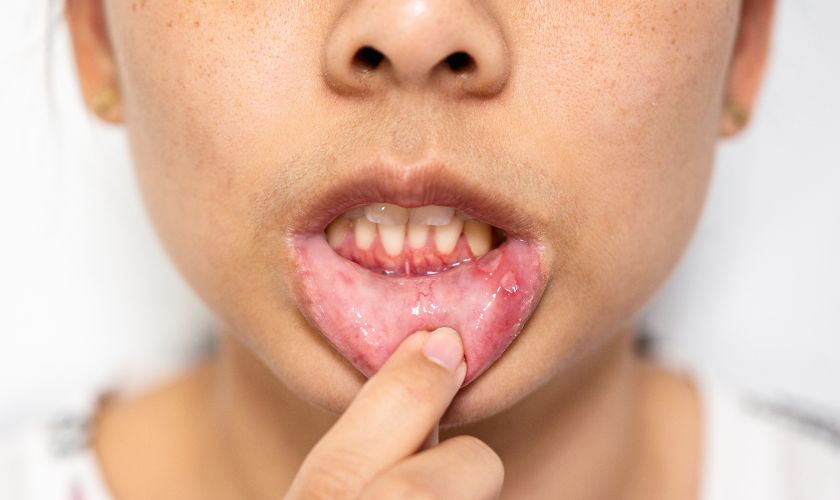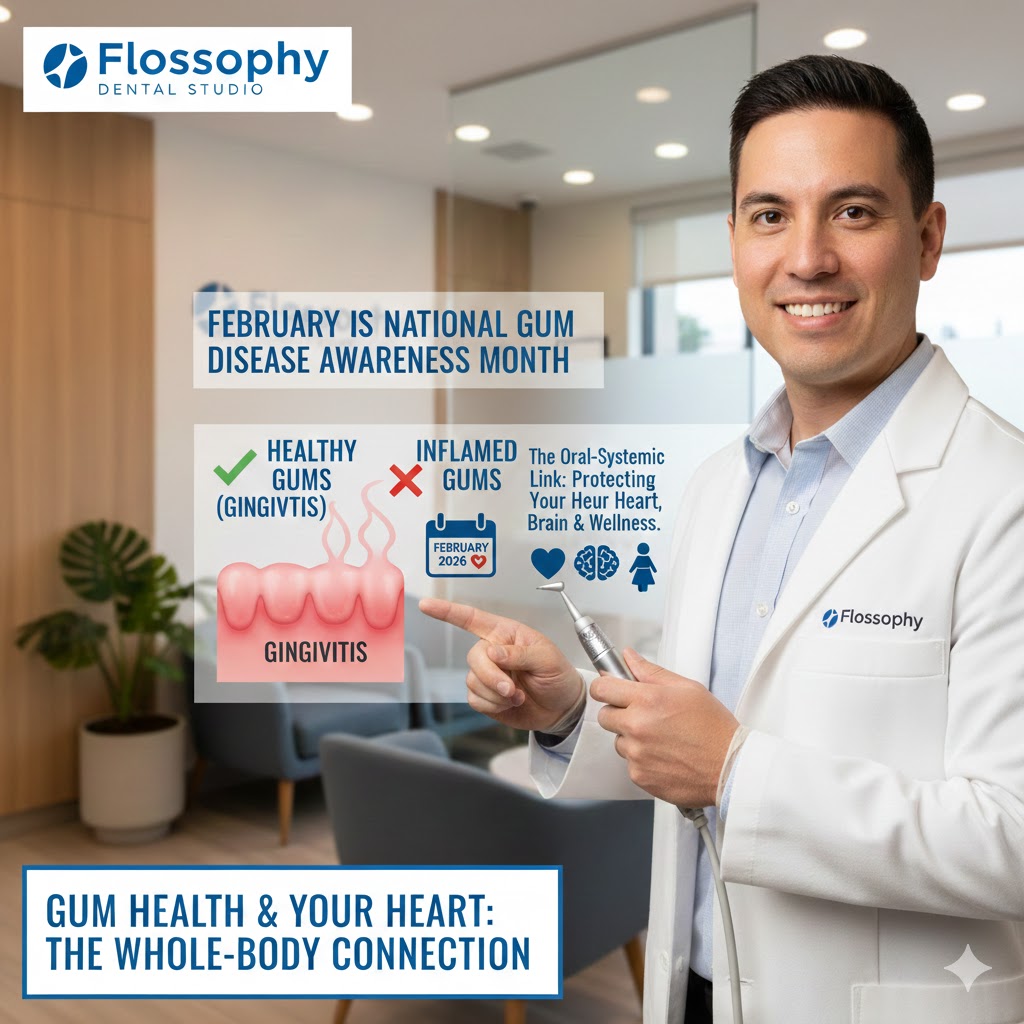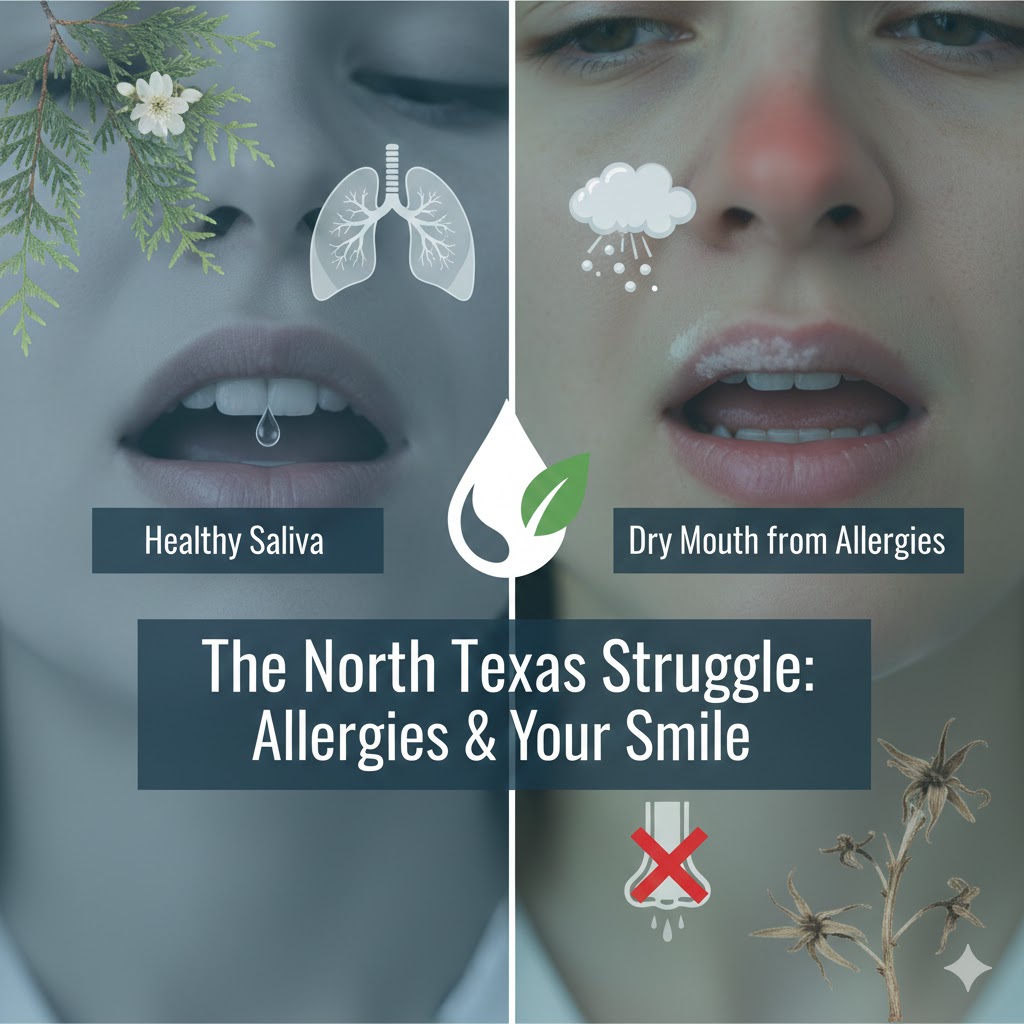$29 Emergency Exam - Walk-Ins Welcome - Same-Day Dental Appointments Available

Mouth ulcers, also known as canker sores, are small but incredibly painful lesions that develop in the soft tissues of your mouth—on the inside of your cheeks, lips, or even on your tongue. While they are usually harmless and tend to heal on their own, they can make everyday activities like eating, drinking, and speaking very uncomfortable.
If you’re dealing with painful mouth ulcers, your choice of food and drinks can play a critical role in either soothing the pain or making it worse. As any dentist in Waco will tell you, dietary triggers are a common cause of prolonged or worsening mouth sores. Knowing what to avoid is just as important as knowing how to treat them.
In this blog, we’ll discuss the foods and drinks you should steer clear of if you’re experiencing painful mouth ulcers, and when it’s time to seek help from a dental office in Waco for emergency dentistry needs.
Why Mouth Ulcers Hurt More Than You Think
Before diving into the food list, it’s important to understand why ulcers are so sensitive. These tiny sores expose nerve endings beneath the surface of your mouth’s lining, which makes them extremely sensitive to temperature, acidity, and abrasive textures.
The result? Even a small sip of juice or a bite of spicy food can trigger intense pain. To encourage healing and reduce irritation, it’s essential to avoid certain food and drink categories.
1. Acidic Foods and Drinks
Avoid: Citrus fruits (oranges, lemons, limes, grapefruits), tomatoes, vinegar-based dressings, soda, wine
Acidic foods and beverages lower the pH level in your mouth, creating an environment that not only stings when it comes in contact with ulcers but also delays the healing process. That fresh glass of orange juice in the morning might be doing more harm than good.
Tip: Switch to alkaline or neutral foods and rinse your mouth with water after eating to neutralize any lingering acid.
2. Spicy Foods
Avoid: Hot sauce, jalapeños, chili peppers, spicy curries
Spicy foods are one of the top culprits for irritating existing mouth ulcers. The capsaicin in peppers can trigger a burning sensation that makes ulcers more painful and can even exacerbate their size and duration.
Tip: Stick to bland, soft foods such as mashed potatoes, steamed vegetables, or yogurt when dealing with ulcers.
3. Salty Snacks
Avoid: Potato chips, salted nuts, pretzels, popcorn
Crunchy, salty snacks are abrasive and can physically aggravate the surface of the ulcer. Not to mention, salt acts as an irritant on open wounds in your mouth. This combination makes salty snacks one of the worst choices during an ulcer flare-up.
Tip: If you’re craving something savory, opt for soft-cooked grains like oatmeal or quinoa.
Avoid: Candy, chocolate, sweet pastries, soda
4. Sugary Treats
Sugar feeds the bacteria in your mouth, which can lead to infections or worsen an already sensitive area. In addition, some candies and chocolates contain preservatives and artificial flavorings that might trigger or intensify ulcers.
Tip: Choose naturally sweet alternatives like a small portion of ripe banana or cooked apple.
5. Crunchy or Hard Foods
Avoid: Toast, raw vegetables, granola, crusty bread
Hard foods can scrape the inside of your mouth and exacerbate existing sores. They can also cause new micro-abrasions that may turn into ulcers themselves. If you’re already suffering from mouth ulcers, these foods should be completely off your plate.
Tip: Soften your meals—try steamed vegetables, soups, and smoothies.
6. Very Hot Foods or Beverages
Avoid: Scalding coffee or tea, hot soup, piping-hot meals
Extreme temperatures can irritate nerve endings and increase inflammation around ulcers. Hot beverages or food can slow down healing and intensify discomfort.
Tip: Allow your food and drinks to cool to a lukewarm or room temperature before consuming.
7. Alcohol and Tobacco
Avoid: Beer, wine, spirits, cigarettes, chewing tobacco
Alcohol can dry out your mouth and irritate ulcers, while smoking and chewing tobacco introduce harmful chemicals that delay healing and increase your risk of additional sores. If your ulcers are persistent, these habits could be part of the problem.
Tip: Use alcohol-free mouthwash and consider quitting smoking to prevent chronic mouth issues.
What Drink Can Cure a Mouth Ulcer?
While no drink can instantly cure a mouth ulcer, certain beverages can promote healing and provide relief.
Best Healing Beverages Include:
- Coconut water – Hydrates and soothes
- Aloe vera juice – Has anti-inflammatory properties
- Chamomile tea – Contains antiseptic and pain-relieving compounds
- Honey in warm water – Honey has antibacterial and healing properties
These drinks can help your body fight off inflammation and bacteria, creating a better environment for healing.
What Drink Is Good for Ulcers?
If you’re looking for drinks that support the healing process and reduce pain, choose ones that are:
- Non-acidic
- Low in sugar
- Hydrating
Top Options:
- Cold milk (coats the mouth and soothes irritation)
- Herbal teas (chamomile, licorice root)
- Water with a pinch of turmeric (anti-inflammatory)
If your ulcers are due to nutritional deficiencies, adding smoothies with B12, iron, and folate (avoiding citrus) may also be beneficial.
Antibiotic for Mouth Ulcer Treatment
While most mouth ulcers are not caused by bacterial infections and thus don’t require antibiotics, certain cases—especially if ulcers become infected or are related to systemic issues—might call for a prescription.
Commonly Prescribed Medications:
- Tetracycline mouth rinse (not for children or pregnant women)
- Amoxicillin or Metronidazole, if there is an underlying bacterial infection
- Topical corticosteroids to reduce inflammation
How Do You Stop Mouth Ulcer Pain Fast?
When you’re suffering from painful ulcers, immediate relief is a priority. Here are a few fast-acting tips:
1. Ice Cubes or Cold Water Rinses
Numbing the area with ice or rinsing with cold water can reduce swelling and pain temporarily.
2. Salt Water Rinse
Mix 1/2 teaspoon of salt in a glass of warm water and rinse your mouth several times a day to clean the ulcer and reduce inflammation.
3. Over-the-Counter Gels
Look for topical treatments like benzocaine or hydrogen peroxide-based gels. These coat the ulcer and numb the area.
4. Avoid Irritants
Avoid the foods and drinks listed above and use a soft-bristled toothbrush.
If the pain becomes unbearable, it’s time to seek emergency dentist. A professional can provide prescription-strength medications or treatments.
Book an Appointment Before It Gets Worse
Ignoring mouth ulcers won’t make them go away faster. It can lead to complications like bacterial infections or prolonged pain. If your mouth ulcers are interfering with your daily life, don’t wait—book an appointment with a trusted dentist in Waco today.




